AOI: Civil Rights
31 results


Features Spring 2017
Raising the Curtain on a News Blackout
Harvey J. Shulman, ’72, read a letter one morning pleading for a litigator to fight against renewal of a Michigan television station’s license, saying its owner used news blackouts and manipulations for his personal and political gain. Shulman sat in his ramshackle office in Washington, D.C., transfixed by the accusations from the Lansing branch of the American Civil Liberties Union (ACLU).


Cover Story Fall 2016
Tension: Privacy vs. National Security in the Digital Age
Cindy Cohn, ’89, was in her office at the Electronic Frontier Foundation (EFF), interviewing a job candidate, when a staff member knocked on her door. Cohn initially said she couldn’t step away from the interview, but her colleague persisted. It was June 5, 2013—the day that would change everything.


Features Fall 2016
Intelligence Legalism and the NSA’s Civil Liberties Gap
Margo Schlanger, the Henry M. Butzel Professor of Law, is a leading authority on civil rights issues and civil and criminal detention and is the founder and director of the Civil Rights Litigation Clearinghouse at the Law School. In this article, she discusses the balancing act between NSA information gathering and civil liberties in the wake of recent security breaches.

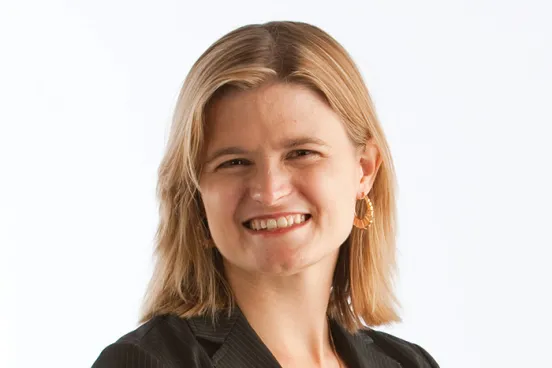
@UMICHLAW Fall 2016
Ban the Box Legislation Leads to Increase in Racial Discrimination
“Ban the Box” legislation seeks to open doors to employment for people with criminal records by barring employers from asking about records on employment applications. But a major study points to a serious unintended consequence of these laws: While they may indeed improve the prospects of people with records, this gain comes at the cost of encouraging a substantial increase in racial discrimination by employers.
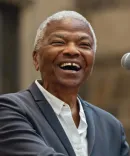
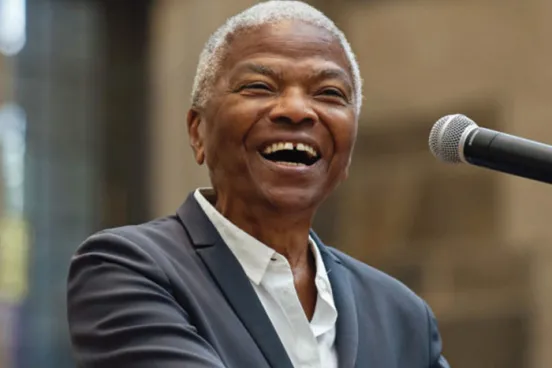
@UMICHLAW Fall 2016
Dr. Mary Frances Berry Named 2016 Distinguished Alumna
Michigan Law has named Dr. Mary Frances Berry, PhD ’66, JD ’70, HLLD ’97, as a recipient of the 2016 Distinguished Alumni Award, the Law School’s highest honor. Berry is one the nation’s leading activists for civil rights, gender equality, and social injustice.


Cover Story Spring 2015
Immigration Law and the Nation’s Physician Shortage
Lawyers are trying to help foreign-national physicians who trained in the United States stay in the country to treat medically underserved patients. The process is reportedly laborious and burdensome to employers and physicians alike. We look at this lesser-known facet of federal immigration law, one that is potentially vital to the nation’s health care needs.


@UMICHLAW Fall 2015
Prof. Margo Schlanger Launches Civil Rights Education Initiative for High Schoolers
A new project called the Civil Rights Litigation Schoolhouse is helping high school students understand civil rights and the litigation process, and their importance in a democratic society. The Schoolhouse is an extension of the Civil Rights Litigation Clearinghouse, an online repository of court documents and information related to more than 7,000 civil rights cases dating back to the 1960s.


Features Fall 2014
Civil Rights, Women’s Rights
The original Civil Rights Act language did not include orotections based on sex. Martha Griffiths, ’40, had something to say about that.


@UMICHLAW Fall 2014
Prof. Mortenson Files Suit on Behalf of Same-Sex Couples
“First and foremost, it’s important that these clients—these particular human beings, who have relationships that span decades—not be subjected to a mandatory divorce by the state,” Professor Julian Davis Mortenson says. “The 16 people in our lawsuit have lost something precious and dear to them, and that’s outrageous.”
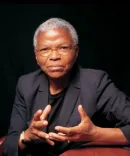
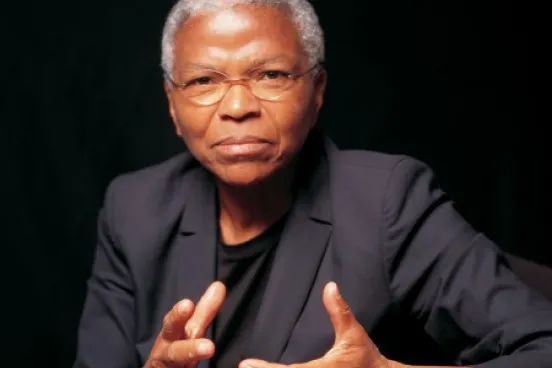
Features Fall 2014
Mary Frances Berry, ’70: A Trailblazer in the Fight to End Discrimination
Mary Frances Berry, ’70, served from 1980 until 2004 on the U.S. Commission on Civil Rights, including as chair. Later, she stood with Nelson Mandela to end apartheid in South Africa and was imprisoned for it. At the 50th anniversary of the Civil Rights Act, she looks back on her career, her accomplishments, and the long list of items still outstanding in the fight to end discrimination.

